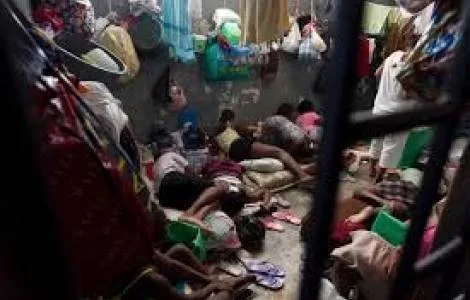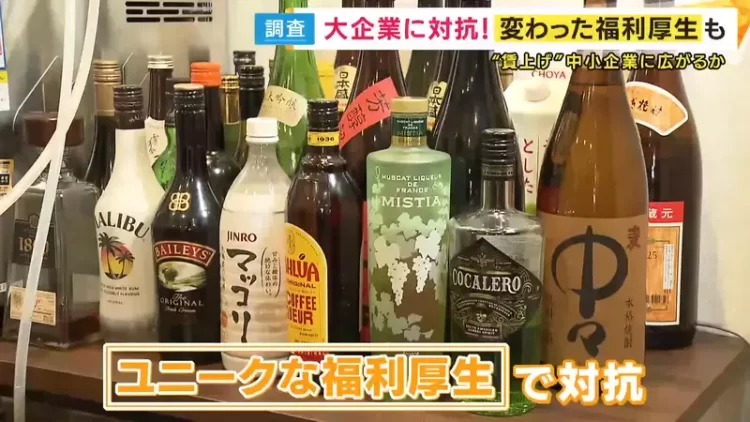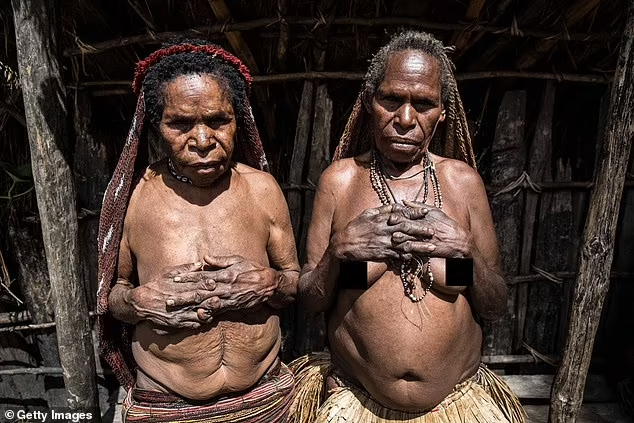Makala Prison in Kinshasa, DR Congo, is known for its brutal conditions. Described as “hell” by former inmates, including journalist Stanis Bujakera, it’s a place where overcrowding, poor hygiene, and violence are everyday realities. With a capacity of just 1,500 inmates, the prison often holds more than 15,000 prisoners. This overcrowding worsens the already terrible conditions inside.
The prison suffers from a lack of basic resources. Inmates face unbearable heat, intermittent electricity, and limited access to clean water. Bujakera, who spent six months at Makala, recalls that the taps often ran dry, and power cuts were frequent. Food is also scarce. Prisoners receive just one meal a day, and it’s often low in nutrition. In fact, many inmates depend on their families to bring in food to survive. Those without family support face starvation.
The overcrowded cells force prisoners to sleep in cramped conditions. Some even sleep on walls or on the floor in rooms packed with dozens of others. Human rights groups have long criticized these conditions, as they lead to the spread of disease and death. Tragically, 129 prisoners died during a recent escape attempt, most of them suffocating in the crush.
Makala operates with a system of self-governance, where inmates manage the prison’s day-to-day affairs. This creates a dangerous power dynamic, leading to violence and conflicts. Those with money have access to better living conditions, such as the VIP section, where prisoners get more space and basic amenities. The rest face abandonment, with little protection from the law.
Makala Prison is a symbol of DR Congo’s broken justice system. Authorities must act now to address overcrowding, improve prison conditions, and rebuild a fairer system that ensures justice for all.




